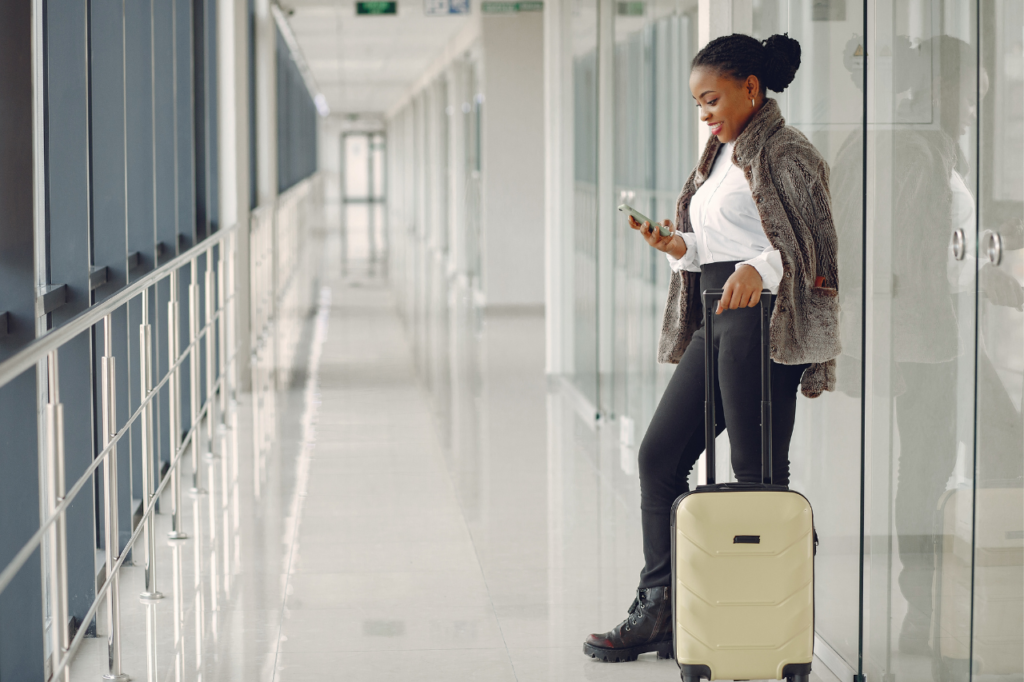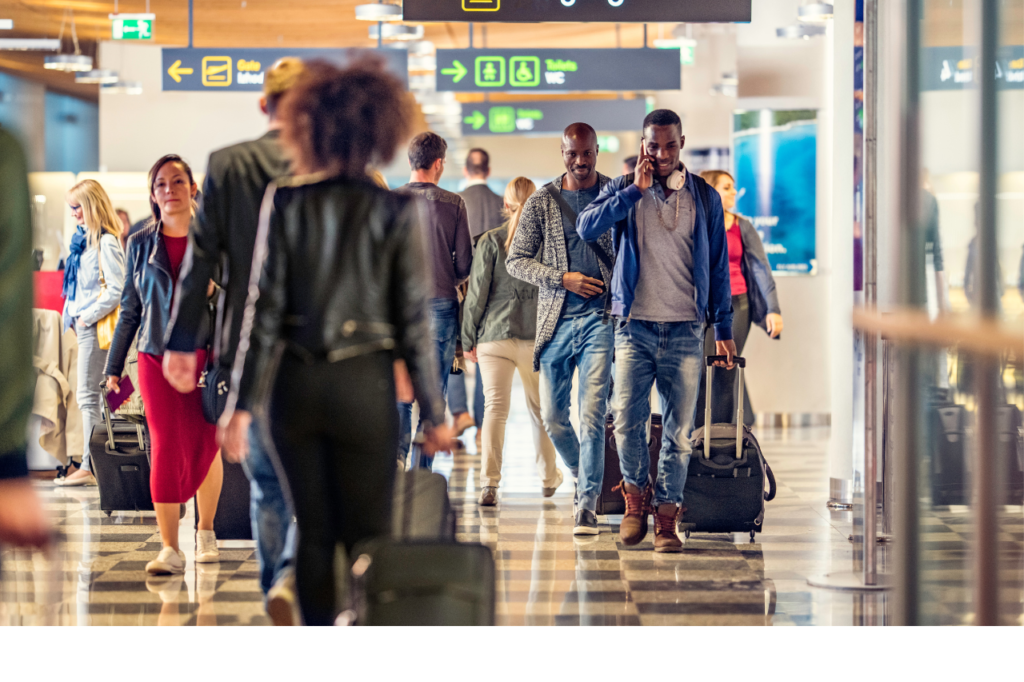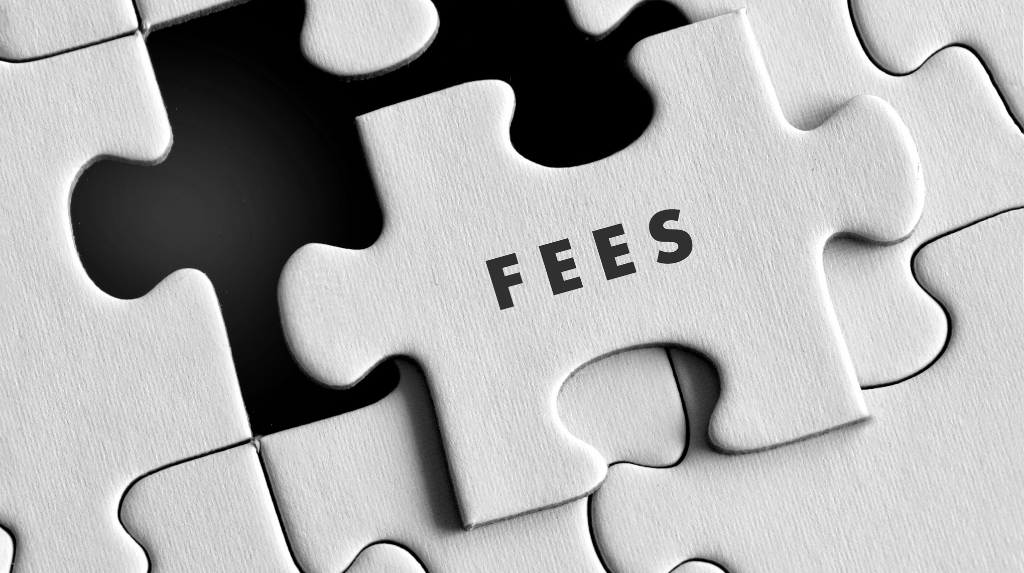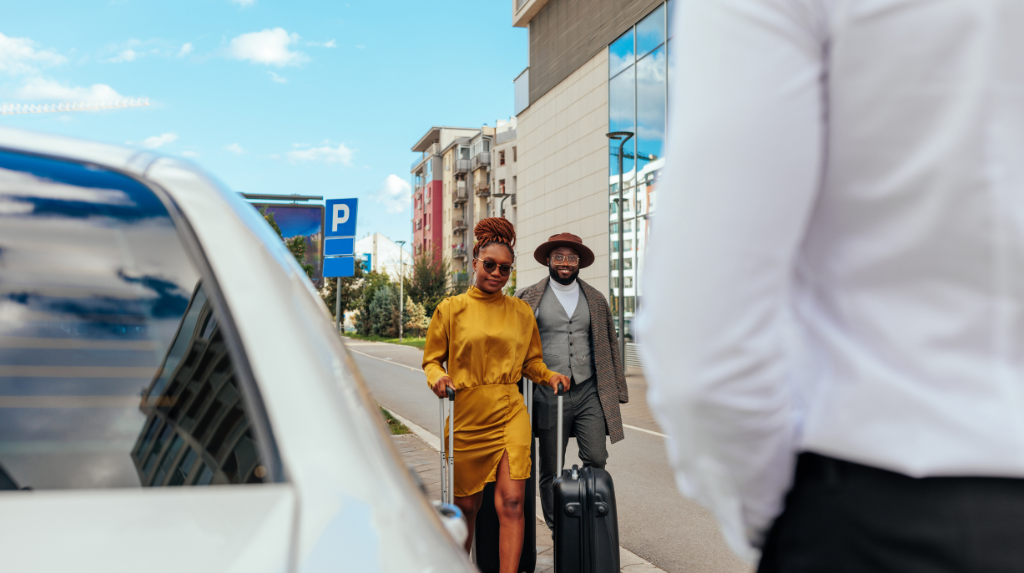A Netherlands Visit Visa, commonly referred to as a Schengen Visa, allows non-EU/EEA nationals to enter the Netherlands for short stays, typically for tourism, family visits, or business purposes. This visa is essential for those who wish to travel to the Netherlands and other Schengen countries within a specified timeframe.
Purpose and Validity
The primary purpose of a Netherlands Visit Visa is to facilitate short-term travel for leisure, cultural exchange, or business meetings. The visa is valid for a maximum stay of 90 days within 180 days. This means that once you enter the Schengen Area, you can travel freely between member countries as long as you do not exceed the 90-day limit.
Who Needs a Visit Visa to Enter the Netherlands?
Visitors from countries outside the EU/EEA typically require a visit visa to enter the Netherlands.
Schengen Visa Requirements and Visa-Exempt Countries
- Visa-Required Countries: Nationals from countries not on the visa-exempt list must apply for a Schengen Visa before traveling. This includes countries like India, China, and Nigeria.
- Visa-Exempt Countries: Citizens from certain countries, such as the United States, Canada, Australia, and many others, can enter the Netherlands without a visa for short stays but may need to apply for an ETIAS waiver starting in 2025.
Difference Between a Schengen Visa and a Netherlands Visit Visa
While the terms are often used interchangeably, it’s important to understand their context:
- Schengen Visa: This is a general term that refers to any visa issued under the Schengen Agreement, allowing travel within all member states.
- Netherlands Visit Visa: Specifically refers to the visa issued for visiting the Netherlands. It allows holders to enter not only the Netherlands but also other Schengen countries.
The Schengen Area consists of 27 European countries that have abolished passport control at their mutual borders, allowing free movement within these nations.
Types of Netherlands Visit Visas
The Netherlands offers different types of visit visas based on travel needs:
- Single-Entry Visa: This allows travelers to enter the Schengen Area only once. After exiting, re-entry requires a new visa.
- Double-Entry Visa: This permits two entries into the Schengen Area within its validity period. It is useful for travelers who may need to leave and re-enter during their trip.
- Multiple-Entry Visa: This allows unlimited entries into the Schengen Area during its validity period, making it ideal for frequent travelers.
Each visa type has specific conditions regarding duration and entry limits but generally adheres to the overarching rules of staying no longer than 90 days in any 180 days.
Eligibility Criteria for a Netherlands Visit Visa
To apply for a Netherlands Visit Visa, also known as a Schengen Visa, applicants must meet specific eligibility criteria:
Who Can Apply and Basic Requirements
- Nationality: Applicants from countries outside the EU/EEA may require a visa to enter the Netherlands. Citizens from visa-exempt countries can enter without a visa for short stays.
- Purpose of Visit: The visit must be for tourism, family visits, business meetings, or cultural events.
- Duration of Stay: The intended stay in the Schengen Area must not exceed 90 days within 180 days.
- Travel Intentions: Applicants must demonstrate their intention to return to their home country after the visit.
Documents Needed for a Netherlands Visitor Visa Application
When applying for a Netherlands Visitor Visa, several key documents are required:
- Completed Application Form: A signed Schengen visa application form must be filled out accurately.
- Valid Passport: The passport must be valid for at least three months beyond the intended departure date from the Schengen Area and have at least two blank pages.
- Passport Photos: Recent passport-sized photographs that meet specific requirements (35mm x 45mm).
- Proof of Financial Means: Evidence showing sufficient funds to cover living expenses during the stay (details below).
- Travel Itinerary: A detailed itinerary including flight reservations and accommodation bookings.
- Travel Insurance: Proof of travel insurance covering medical expenses up to at least €30,000.
How to Show Proof of Financial Means for a Netherlands Visit Visa
Demonstrating sufficient financial means is crucial for obtaining a visitor visa. Here are acceptable forms of proof:
- Bank Statements: Recent bank statements (typically the last three months) showing sufficient funds to cover daily expenses during the stay. The general guideline is approximately €34 per person per day.
- Sponsorship Letters: If someone else is sponsoring your visit, a sponsorship letter detailing their commitment to cover your expenses is required along with their financial documents.
- Employment Letter: A letter from your employer confirming your employment status, salary, and leave approval can also serve as proof of financial stability.
- Proof of Assets: Documentation showing ownership of property or other assets can strengthen your application.
Travel Insurance Requirements for a Schengen Visit Visa
Travel insurance is mandatory when applying for a Schengen Visa, including the Netherlands Visit Visa.
Minimum Coverage and Approved Providers
- Coverage Amount: The insurance must cover medical expenses up to at least €30,000, including emergency medical treatment and repatriation.
- Validity: The insurance should be valid throughout the entire Schengen Area for the duration of the visit.
- Approved Providers: While many insurance companies offer suitable plans, it’s advisable to choose providers recognized by Schengen countries or check with the Dutch embassy or consulate for recommendations.
Step-by-Step Guide to Applying for a Netherlands Visit Visa
Applying for a Netherlands Visit Visa involves a structured process that can be completed online or in person. Here’s a step-by-step guide to help you navigate the application.
Online and In-Person Application Process
- Determine Visa Type: Identify whether you need a short-stay Schengen visa for tourism, family visits, or business purposes.
- Complete the Application Form: Fill out the Schengen visa application form online via the Dutch Ministry of Foreign Affairs website. Ensure all information is accurate and complete.
- Gather Required Documents: Prepare necessary documents, including:
- A valid passport (with at least two blank pages)
- Recent passport-sized photographs
- Proof of accommodation and travel itinerary
- Financial proof (bank statements, sponsorship letters)
- Travel insurance covering at least €30,000
- Book an Appointment: Schedule an appointment at your nearest Dutch embassy or consulate, or at a VFS Global center if applicable. Some locations may allow online booking.
- Submit Your Application: Attend your appointment to submit your application and documents. You will also provide biometric data (fingerprints).
Role of VFS Global in Netherlands Visa Applications
VFS Global plays a crucial role in facilitating visa applications for the Netherlands. They handle the initial submission process on behalf of the Dutch authorities:
- Application Centers: VFS Global operates visa application centers in various countries where applicants can submit their documents.
- Document Verification: They assist in verifying that all necessary documents are included before forwarding them to the embassy or consulate.
- Tracking Applications: VFS Global provides tracking services so applicants can monitor the status of their visa application.
Netherlands Visit Visa Fees and Processing Times
Current Fees
The standard fee for a Netherlands Visit Visa is approximately €80 for adults. Reduced fees may apply for children under 6 years old and certain other categories (e.g., students). Note that additional service fees may be charged by VFS Global.
Average Processing Durations
Processing times can vary based on several factors:
- Standard Processing: Typically takes around 15 calendar days.
- Extended Processing: During peak seasons or if additional documentation is required, processing may take up to 45 days.
It is advisable to apply at least three weeks before your intended travel date to allow ample time for processing.
How to Schedule and Prepare for Your Netherlands Visa Appointment
Tips for Biometrics and Document Submission
- Schedule Early: Book your appointment as soon as possible to secure your preferred date and time.
- Bring All Required Documents: Ensure you have both original documents and photocopies, as required.
- Prepare for Biometrics: Be ready to provide fingerprints and photographs during your appointment. Ensure your hands are clean and free from any substances that could affect fingerprinting.
- Dress Appropriately: While there is no strict dress code, presenting yourself professionally can create a positive impression.
How to Apply for a Netherlands Visit Visa from Nigeria
Applying for a Netherlands Visit Visa from Nigeria involves several steps, specific requirements, and awareness of potential challenges. Here’s a comprehensive guide:
Eligibility and Basic Requirements
Nigerian citizens wishing to visit the Netherlands for tourism, family visits, or business purposes must apply for a Schengen Visa. Key eligibility criteria include:
- Valid Passport: Your passport must be valid for at least six months beyond your intended stay and contain at least two blank pages.
- Purpose of Visit: Clearly define the purpose of your visit, whether it’s tourism, visiting family or friends, or attending business meetings.
- Duration of Stay: Ensure your stay does not exceed 90 days within 180 days.
Documents Needed for a Netherlands Visitor Visa Application
When applying for a visitor visa, you will need to gather several documents:
- Completed Visa Application Form: Fill out the Schengen visa application form accurately.
- Passport Photographs: Two recent passport-sized photos that meet specific requirements.
- Travel Itinerary: Include flight reservations and accommodation details.
- Proof of Financial Means: Bank statements or sponsorship letters demonstrating you can cover your expenses during your stay.
- Travel Insurance: A policy covering at least €30,000 in medical expenses, valid throughout the Schengen Area.
Visit Visa for Family and Friends in the Netherlands
If you are visiting family or friends, an invitation letter from your host in the Netherlands is required. This letter should include:
- The host’s full name, address, and contact information.
- A statement of the relationship between you and the host.
- Details about the duration and purpose of your visit.
- A commitment to cover your accommodation and living expenses if applicable.
Netherlands Visit Visa for Business Travelers
Business travelers must provide additional documentation to support their visa application:
- Invitation Letter from Host Company: This letter should detail the purpose of the visit, including meetings, conferences, or trade fairs.
- Proof of Employment: A letter from your employer confirming your position and purpose of travel.
- Travel Itinerary: Details about flights and accommodations related to business activities.
What to Do If Your Netherlands Visit Visa is Denied
If your visa application is denied, it’s essential to understand the reasons behind the rejection and explore your options:
Reasons for Rejection
Common reasons for visa denial include:
- Incomplete or inaccurate documentation.
- Insufficient proof of financial means.
- Failure to demonstrate ties to Nigeria would ensure your return after the visit.
How to Appeal
- Review the Denial Letter: Carefully read the reasons provided by the consulate or embassy.
- Gather Additional Evidence: If possible, collect more documentation that addresses the concerns raised in the denial.
- Submit an Appeal: You can appeal the decision within four weeks of receiving the denial letter. This process typically involves submitting a formal appeal letter along with any supporting documents.
Common Mistakes to Avoid When Applying for a Netherlands Visit Visa
Applying for a Netherlands Visit Visa can be a meticulous process, and avoiding common mistakes is crucial for a successful application. Here are some pitfalls to watch out for:
Missing Documents
One of the most frequent reasons for visa rejection is submitting incomplete documentation. Ensure that you have all required documents, including:
- A valid passport
- Completed visa application form
- Passport-sized photographs
- Proof of accommodation
- Financial proof
Double-check the specific requirements on the Dutch consulate’s website to ensure you have everything needed.
Weak Itinerary
A poorly planned travel itinerary can raise suspicions about your intentions. Your itinerary should clearly outline your travel plans, including:
- Arrival and departure dates
- Accommodation details
- Activities planned during your stay
A well-defined itinerary demonstrates your commitment to returning home after your visit.
How to Write a Strong Invitation Letter for a Netherlands Visit Visa
If you are visiting family or friends, an invitation letter from your host is essential. Here are guidelines for writing an effective invitation letter:
- Include Personal Information: The letter should contain the host’s full name, address, and contact information.
- State the Relationship: Clearly describe your relationship with the host, whether they are a family member or friend.
- Purpose of Visit: Explain the purpose of your visit and the duration of your stay.
- Financial Responsibility: If applicable, mention whether the host will cover your expenses during your visit.
A well-crafted invitation letter can significantly strengthen your visa application.
Tips for Getting Your Netherlands Visit Visa Approved on the First Try
- Provide Complete and Accurate Information: Ensure that all details in your application form align with supporting documents. Any discrepancies can lead to rejection.
- Demonstrate Ties to Your Home Country: To prove your intent to return, provide evidence such as:
- Employment letters or contracts
- Property ownership documents
- Family ties (e.g., marriage certificates or children’s birth certificates)
- Apply Early: Submit your application well in advance of your intended travel date to allow time for processing and any unforeseen delays.
How to Prove Ties to Your Home Country for a Schengen Visa
Demonstrating strong ties to your home country is crucial in convincing authorities that you will return after your visit. Here are effective ways to prove these ties:
- Employment Verification: A letter from your employer stating your position, salary, and approval for leave can indicate job security.
- Property Ownership: Documents proving ownership of property or assets in your home country signal stability and intent to return.
- Family Connections: Evidence of immediate family members residing in your home country can also support your application.
Top Tourist Attractions to Visit in the Netherlands
The Netherlands is renowned for its rich cultural heritage, picturesque landscapes, and vibrant cities. Here are some must-see destinations:
1. Amsterdam
As the capital city, Amsterdam is famous for its historic canals, narrow houses, and world-class museums. Key attractions include:
- Rijksmuseum: Home to masterpieces by Rembrandt and Vermeer.
- Van Gogh Museum: Showcases the largest collection of Van Gogh’s works.
- Anne Frank House: A poignant museum dedicated to the Jewish wartime diarist.
2. Keukenhof Gardens
Located in Lisse, Keukenhof is one of the largest flower gardens in the world. Open from mid-March to mid-May, it features millions of blooming tulips and other flowers, making it a perfect springtime destination.
3. Rotterdam
Known for its modern architecture and vibrant port, Rotterdam offers a contrast to Amsterdam’s historical charm. Highlights include:
- Erasmus Bridge: An iconic symbol of the city.
- Cube Houses: Unique architectural marvels that are fun to explore.
- Markthal: A stunning food market with a variety of culinary delights.
4. Kinderdijk
This UNESCO World Heritage site features a collection of 19 traditional windmills dating back to the 18th century. Visitors can walk or bike through the surrounding landscape while learning about Dutch water management.
5. The Hague
Home to the Dutch government and royal family, The Hague is known for its elegant architecture and cultural institutions:
- Mauritshuis: Houses Dutch Golden Age paintings, including Vermeer’s Girl with a Pearl Earring.
- Scheveningen Beach: A popular seaside resort with a lively promenade.
How to Plan Your Itinerary for a Netherlands Visit Visa
When applying for a visit visa, creating a detailed travel itinerary is crucial. Include:
- Travel Dates: Specify your arrival and departure dates.
- Destinations: List cities you plan to visit (e.g., Amsterdam, Rotterdam, Keukenhof).
- Accommodation Details: Provide hotel names or addresses where you will stay.
- Activities: Outline key attractions you intend to visit each day.
A well-organized itinerary demonstrates your intent and helps support your visa application.
How to Travel Within the Schengen Zone on a Netherlands Visa
With a Netherlands Visit Visa, you can travel freely within the Schengen Area for up to 90 days within 180 days. Here are some important rules:
- Entry and Exit: You can enter and exit through any Schengen country, but ensure that your primary destination is the Netherlands if that’s where your visa was issued.
- Documentation: Always carry your passport and visa when traveling between countries.
Best Time to Visit the Netherlands as a Tourist
The best time to visit depends on your interests:
- Spring (March-May): Ideal for seeing tulips in bloom at Keukenhof Gardens and enjoying mild weather.
- Summer (June-August): Great for outdoor festivals and events but can be crowded with tourists.
- Autumn (September-November): Offers beautiful fall foliage and fewer crowds.
- Winter (December-February): Experience festive Christmas markets and potential ice skating on canals.
Accommodation Options for Visitors in the Netherlands
Visitors have various accommodation choices:
- Hotels: Ranging from luxury to budget options; book in advance for better rates.
- Hostels: Affordable choices for backpackers or solo travelers; great for meeting others.
- Airbnb: Offers unique stays in local neighborhoods, often at competitive prices.
What to Expect Upon Arrival in the Netherlands with a Visit Visa
Upon arriving in the Netherlands with a visit visa, you will go through immigration checks at the airport or border. Here’s what to expect:
Immigration Checks and Required Documents
- Passport Control: Present your passport and visa to the immigration officer. Ensure your passport is valid for at least three months beyond your intended departure date from the Schengen Area.
- Supporting Documents: Be prepared to show additional documents, such as:
- Proof of accommodation (hotel reservations or invitation letter)
- Return flight ticket or proof of financial means to purchase one
- Evidence of sufficient funds for your stay (bank statements)
- Questions: The immigration officer may ask about the purpose of your visit, planned activities, and duration of stay. Answer honestly and clearly.
Dos and Don’ts for Visitors in the Netherlands
Legal Restrictions and Cultural Etiquette
Dos:
- Do Respect Local Laws: Familiarize yourself with Dutch laws, including rules about smoking in public places and drinking alcohol.
- Do Use Public Transport: The Netherlands has an efficient public transport system. Consider getting an OV-chipkaart for easy travel on trains, trams, and buses.
- Do Learn Basic Dutch Phrases: While many Dutch people speak English, learning a few phrases can enhance your interactions.
Don’ts:
- Don’t Overstay Your Visa: Ensure you leave the Schengen Area before your visa expires to avoid legal issues.
- Don’t Disrespect Cultural Norms: The Dutch value directness and honesty; however, be mindful of personal space and privacy.
How to Extend Your Netherlands Visit Visa
If you need to stay longer than your visa allows, you may apply for an extension under certain conditions:
Conditions and Process for Requesting an Extension
- Valid Reasons: Acceptable reasons for an extension include medical emergencies or unforeseen circumstances that prevent you from leaving.
- Application Submission: Submit your extension request to the IND (Immigration and Naturalisation Service) before your current visa expires. Include supporting documents that justify your request.
- Processing Time: Extensions can take several weeks, so apply as early as possible.
Can You Work or Study on a Netherlands Visit Visa?
What’s Allowed and What’s Not
- Work: Generally, visitors on a Schengen visa are not permitted to work in the Netherlands or any other Schengen country. Engaging in paid employment can lead to serious legal consequences.
- Study: Short courses or workshops may be permissible if they do not exceed 90 days and are not part of a formal educational program. However, for long-term studies, you must apply for a student visa.
Recent Changes to Netherlands Visit Visa Policies
Recent updates to the Netherlands visit visa policies have introduced new rules, adjusted timelines, and revised fees. One significant change is the introduction of a more streamlined process for visa-exempt nationals whose residence permits have expired. Effective February 15, 2024, these individuals can remain in the Netherlands for 90 days within any 180 days without needing to leave the country first. This change simplifies the process for those who may have faced challenges due to their expired permits, allowing them to activate their visa-exempt status without exiting the Schengen Area.
Updates on Timelines and Fees
While the standard processing time for a Netherlands visit visa remains approximately 15 calendar days, applicants are encouraged to apply at least three weeks before their intended travel date. The visa fee for a short-stay Schengen visa is approximately €80 for adults, with reduced fees available for children and specific categories of applicants. Additionally, VFS Global service fees may apply to those using their application centers.
Impact of COVID-19 on Netherlands Visit Visas
The COVID-19 pandemic has significantly affected travel regulations and health requirements for entering the Netherlands. Currently, travelers must adhere to specific health protocols:
- Vaccination Requirements: Fully vaccinated travelers may enter without additional restrictions, while unvaccinated travelers might need to provide a negative COVID-19 test result.
- Health Declarations: Some travelers may be required to fill out health declaration forms before arrival.
- Quarantine Rules: Depending on the country of origin and current health advisories, quarantine measures may still be in place.
It is essential to check the latest travel advisories from the Dutch government or local embassies before planning your trip.
How to Transition from a Visit Visa to a Long-Stay Visa in the Netherlands
Transitioning from a visit visa to a long-stay visa (such as a student or work visa) is possible but comes with specific rules and exceptions:
- Eligibility: You must meet the requirements for the long-stay visa you intend to apply for, such as securing admission to an educational institution or obtaining a job offer.
- Application Process: You cannot convert your visit visa into a long-stay visa while in the Netherlands; you must return to your home country and apply through the appropriate channels.
- Exceptions: In some cases, if you are already in the Netherlands and have compelling reasons (like humanitarian grounds), you may seek legal advice on potential options.
Best Travel Insurance Plans for Netherlands Visit Visa Applicants
When applying for a Netherlands visit visa, having adequate travel insurance is mandatory. Look for plans that offer:
- Minimum Coverage: At least €30,000 in medical expenses.
- Emergency Evacuation: Coverage for repatriation in case of serious illness or injury.
- Comprehensive Benefits: Coverage should include trip cancellations, lost luggage, and personal liability.
Providers such as Allianz, World Nomads, and AXA offer suitable plans tailored for travelers.
Packing Tips for Your Netherlands Visit: What to Bring
When preparing for your trip, consider the following climate-specific advice:
- Weather-Appropriate Clothing: The Netherlands experiences a temperate maritime climate; pack layers for varying temperatures and rain gear.
- Comfortable Footwear: Expect a lot of walking; comfortable shoes are essential.
- Travel Essentials: Don’t forget your passport, travel insurance documents, and any necessary medications.
Cultural Etiquette Tips for Visitors to the Netherlands
To blend in smoothly during your visit, keep these do’s and don’ts in mind:
Do’s:
- Be Direct: The Dutch value honesty and straightforwardness.
- Respect Personal Space: Maintain appropriate distance during conversations.
Don’ts:
- Avoid Overly Formal Greetings: A simple handshake is usually sufficient; titles are not commonly used.
- Don’t Interrupt Conversations: Allow others to finish speaking before responding.
In summary, understanding recent changes in visit visa policies, health requirements due to COVID-19, and cultural etiquette will enhance your experience while visiting the Netherlands. Proper preparation will ensure a smooth transition from planning your trip through arrival and exploration.
How Law and Visas Can Help?
At Law and Visas, our team of expert immigration consultants is here to make your travel to the Netherlands straightforward and successful. Whether you’re applying for a Visitor Visa or a Study Visa, we handle every step from preparing your application to gathering the required documents.
Our immigration Consultants and Lawyers ensure that your application meets the highest standards, with no details missed. We’ll also keep you informed throughout the process and coordinate with the immigration office or embassy on your behalf.
Law and Visas has a strong record of helping clients secure the visas/permits they need in the Netherlands. Call us today at +234 812 5505 986 to learn how we can assist you.





